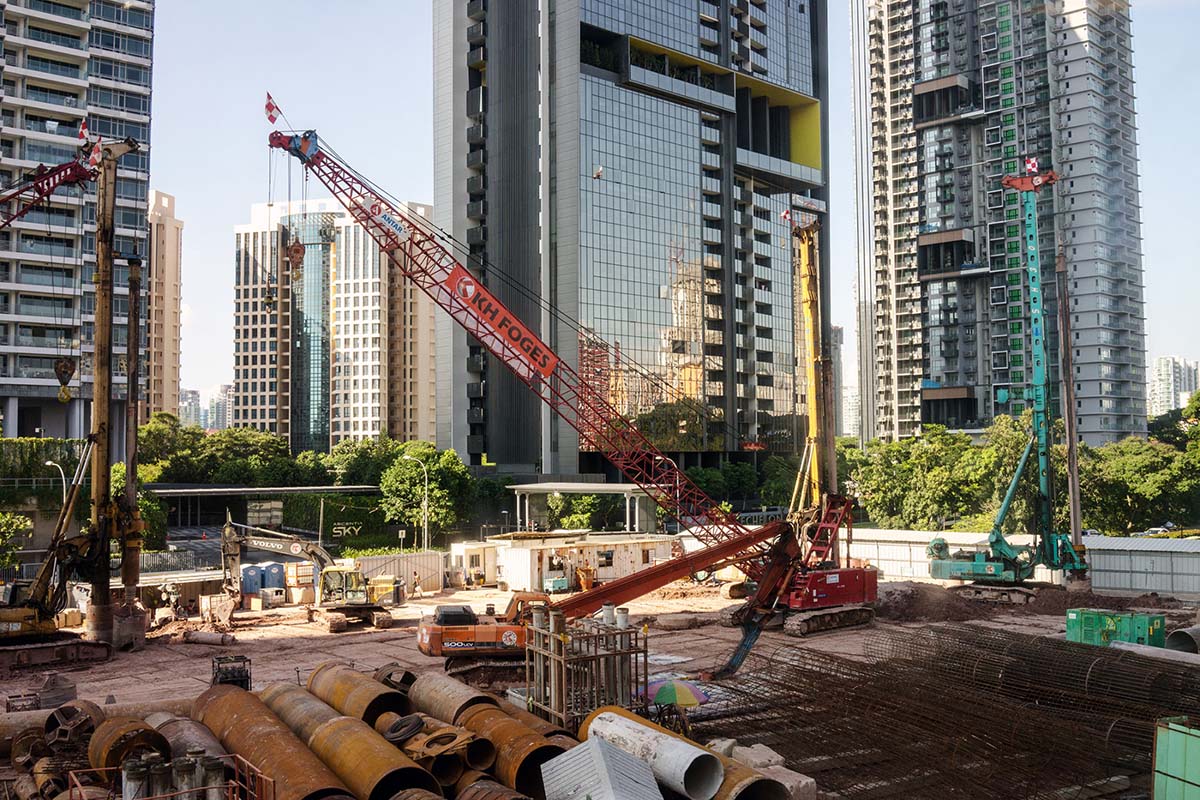Singapore home prices have reached a bottom and will rebound, while Hong Kong’s “crazy” housing market will continue to defy gravity, according to BNP Paribas.
“Very significant” income growth will drive the first leg of a recovery in home prices in Singapore, where property ownership as a proportion of household assets is near a record low, BNP’s Asia-Pacific head of research for financial institutions and property Wee Liat Lee said in an interview while visiting the city-state. That will boost prices by 10 percent to 15 percent over the next 12 to 15 months, in turn luring foreign buyers, especially from China, Lee said.
Singapore property prices have declined for 15 quarters – the longest slide since data was first published in 1975 – as the government rolled out a series of curbs. Home values have dropped 12 percent from their 2013 peak, while Hong Kong prices reached record highs earlier this year.
“Hong Kong has been a crazy market, prices will never come down,” Lee said.
With China’s government stemming capital outflows, money has become stuck in Hong Kong, he said. “If you’re in a country where the physical amount of investable assets is really small, then the liquidity will squeeze the asset price very quickly.”
Still, Lee doesn’t see a property bubble developing in Hong Kong, where he is based. While prices are elevated and affordability has worsened, most payments are in cash, limiting the amount of debt propping up prices, he said. Price growth may also slow as the government takes steps to avert a bubble in the world’s most-expensive housing market.
Singapore also ranks better on affordability. The house price-to-income ratio has declined to 10 times from 12 times in the past decade, while in Hong Kong it has climbed to 15 times from about 11 times, Lee said.
“All asset prices in the world in the next 10 years are going to be priced according to Chinese liquidity,” Lee said. “Especially in markets where the stocks of such assets are small, that’s going to squeeze the asset price very substantially." – Bloomberg
